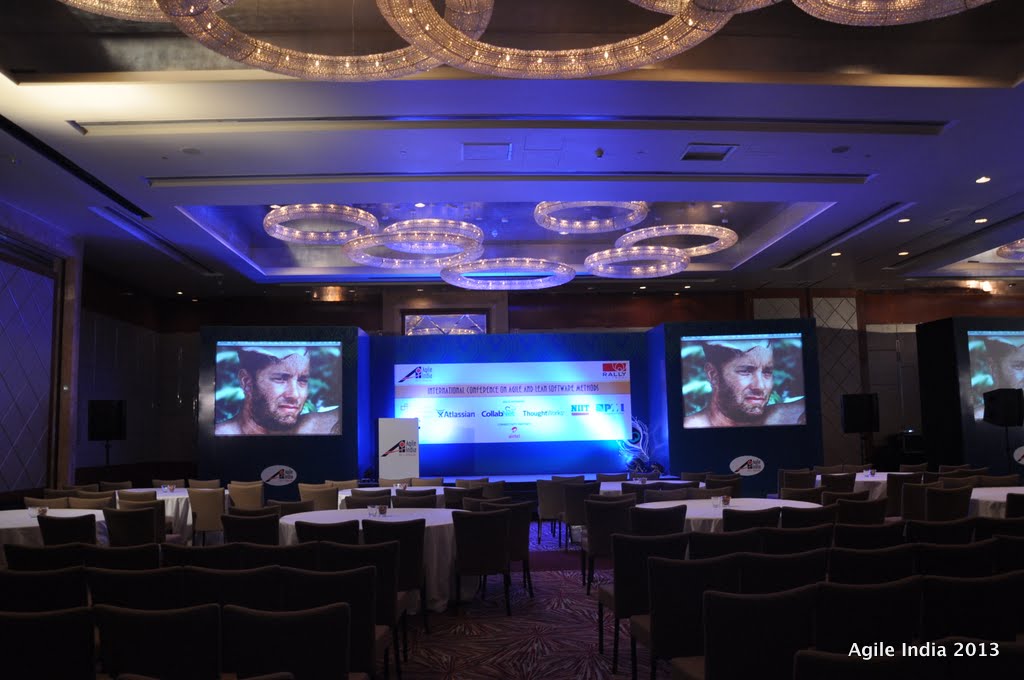‘‘Agile India is a conference for agile software development and is arranged yearly since 2005. Agile India is the largest such conference for Agile and Lean software development in Asia. There were 1236 participants from 28 countries and 226 different companies participated. Mikael Gislén had a seminar about how to handle conflicts between agile development and quality systems.
Agile methodologies are used more and more here in India. The unique challenges with agile development in offshore software development were discussed during the conference. One suggestion mentioned was to use a permanent team with a fixed monthly price and focus the plan on which features should be used rather than on the project’s cost. This way, there would be a greater focus on content and value rather than cost. This, in turn, could release more creativity. This can make it easier to get an agile view, which can be hard when working in distinct customer/vendor roles.
Known profiles within the international agile community, such as Martin Fowler and Dave Thomas, were there. Both of them are signatories of the Agile Manifesto. Other well-known people mentioned there were Arlo Belshee, who works with Microsoft with agile development and Narsh Jain, perhaps one of the Indians who have done the most to inspire Indian software developers to use agile development.
There are various flexible Agile methodologies, such as eXtreme Programming, Scrum, Kanban, Lean Startup, DSDM, and frameworks such as SAFe and DAD. While most of these build on a rigid iteration-based development paradigm, they also build on a more holistic perspective borrowed from social constructivism and complex adaptive systems (CAD). While traditional methods avoid changes during development, agile development encourages them.
At Gislen Software, we have used agile methodologies for many years back. We use Scrum with some eXtreme Programming practices.
Mikael spoke at the Agile India Conference about reconciling the conflicting philosophies of agile methodologies and formal quality systems like ISO 9000, which often clash due to agile’s focus on flexibility and collaboration versus ISO 9000’s emphasis on structured documentation and process adherence. Mikael shared both about the philosophical background to the clash and gave some suggestions on how it can be resolved. A short version of the presentation Mikael presented is found below:
